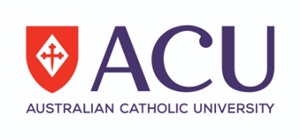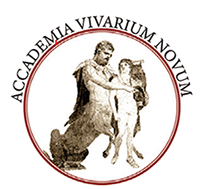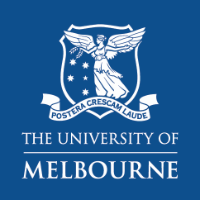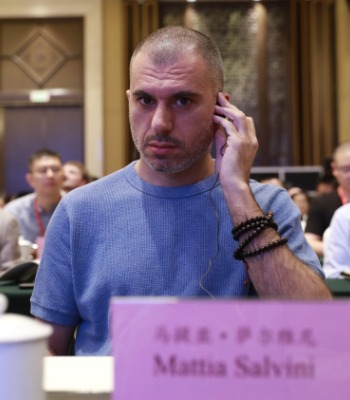PROJECT
Ancient Today: Living Traditions of Classical Language Education
Started at UWA: 2022
Ancient Today: Living Traditions of Classical Language Education
Ancient Today is an Australian Research Council Discovery Project (DP220100370) with an international team of researchers.
Our aim is to compare ancient language education across world cultures with 'classical' literatures.
We expect to illuminate the purpose and value of classical language education in Chinese, Greek, Latin, and Sanskrit historically and within global education systems today by comparing pedagogic ideals and practices across times and cultures.
This research will test the potential of inclusive classical language learning to boost educational outcomes for disadvantaged students.
A series of interlocking individual and co-authored books and articles will set the agenda for new research in comparative approaches to the history and practice of classical language education. They support the development of free research-based language policy interventions and extensive outreach activities aimed at a wide public audience. This will expand access to learning programs that overcome educational disadvantage, address social inequalities in education, and enrich Australia’s understanding of Asian cultures.
What we do
Past
Comparative and cross-cultural case studies of classical language education from antiquity to the twenty-first century
Present
Study of classical language academies in Europe and Asia
Future
Government language policies and expanding access to best practice language and literacy education
We ask
- How did different world cultures justify the teaching of classical languages in different historical periods? What were the dominant pedagogical practices in different cultures and periods? How do these justifications, assumptions, and learning methods compare to each other?
- What do contemporary education systems and policy-makers in Australia, Asia and Europe/UK envisage as the aims and outcomes of studying ancient languages? To what extent and on what basis is classical language education actively promoted or rejected by modern governments, policy makers, and academic educationalists? How might our research inform policy for classical language education in modern, multicultural Australia?
- What are the strengths and limitations of different forms of classical language education? What can Australia learn from experiments in widening social access to classical languages in other countries?
- What are the experiences of and outcomes for primary and secondary level students of classical language education in diverse learning environments, from Asia, Australia, and Europe/UK?
Team
- Yasmin Haskell - Chief Investigator, UWA
-
Professor Yasmin Haskell is Cassamarca Chair in Latin Humanism at The University of Western Australia, Perth.
She has published on many aspects of the Classical Tradition, including history of art, emotions, medicine and Jesuit education.
She is currently writing Jesuits at Play: Latin Poetry and Team Spirit in the Early Modern Society of Jesus (for Bloomsbury) and leading the 'Ancient Today' Discovery Project, funded by the Australian Research Council from 2022-2024.
Yasmin was elected a Fellow of the Australian Academy of the Humanities in 2013, and was inducted into the Academy of Arcadia (Accademia dell'Arcadia) in 2021. In 2023, she was elected into the Academia Latinitati Fovendae.
Contact Professor Yasmin Haskell
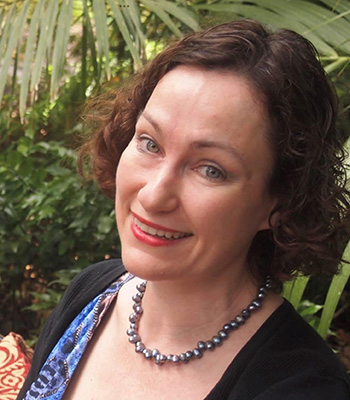
- Michael Champion - Chief Investigator, Australian Catholic University
-
Associate Professor Michael Champion specialises in late-antique and early Christian studies and the philosophy, history, culture, and reception of the ancient Mediterranean world up to Byzantium.
He is a member of the Biblical and Early Christian Studies and Medieval and Early Modern Studies Programs of the IRCI. His current research investigates traditions of classical education, ethics, and law, drawing on history of emotions and reception studies. In these projects, Michael studies early Christian accounts of human flourishing, late-antique education and justifications for classical language learning, the work emotions do in different educational contexts, and intellectual traditions, social practices, institutions, and emotional contours associated with concepts of justice and equity. His work on ancient education, Dorotheus of Gaza and Ascetic Education (OUP 2022), aims to advance understanding of late-antique education through an investigation of Dorotheus’ ascetic pedagogy. He has also explored Dorotheus’ reception by Jesuit Humanists.
For the "Ancient Today" project, Michael investigates late-antique rhetorical education and examples of ancient language pedagogy.
Contact Associate Professor Michael Champion
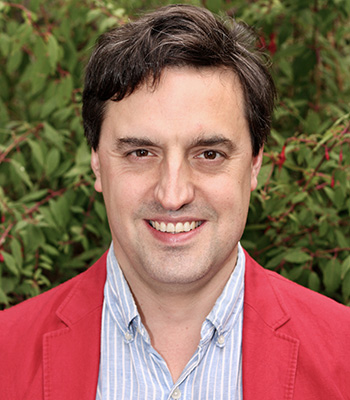
- Joseph Lo Bianco - Chief Investigator, University of Melbourne
-
Joseph Lo Bianco is Professor of Language and Literacy Education at the Melbourne Graduate School of Education, and serves as Immediate Past President of the Australian Academy of the Humanities (the first educator elected to this role). In 2012 he was appointed Research Director of the UNICEF Language and Peacebuilding initiative in Malaysia, Myanmar, Thailand.
Professor Lo Bianco wrote Australia’s National Policy on Languages in 1987, the first multilingual national language policy in an English speaking country and was Chief Executive of the National Languages and Literacy Institute of Australia until 2002. The National Policy on Languages was adopted by the Australian government as a comprehensive national plan to cover all of Australia’s language needs and interests (English and English literacy, and English as a second and foreign language and languages other than English (including Indigenous language rights, immigrant and foreign languages) as well as language services (research, translating and interpreting, public media)..
Contact Professor Joseph Lo Bianco:
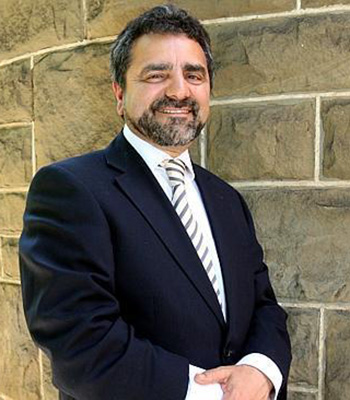
- Arlene Holmes-Henderson - Partner Investigator, Durham University
-
Arlene Holmes-Henderson is Professor of Classics Education and Public Policy at Durham University where she holds a British Academy Innovation Fellowship (2022-2024). She investigates the learning and teaching of classical subjects in schools, universities and communities, and leads Classics teacher education in Durham’s award-winning School of Education.
As an expert in Classics outreach and knowledge exchange, she engages diverse stakeholders to explore ways to widen access to the study of the classical world. Forward with Classics (with Hunt and Musie, Bloomsbury, 2018) was her first book; Expanding Classics (Routledge, 2023) is her second.
Working at the intersection of research, policy and practice, Arlene collaborates closely with policymakers in government and parliament on issues across the Humanities and Education.
Contact Dr Arlene Holmes-Henderson:
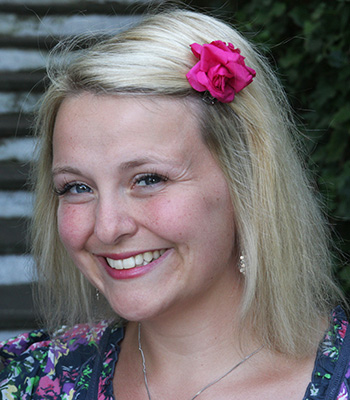
- Antonia Ruppel - Partner Investigator, Ludwig Maximilian University of Munich
-
Antonia Ruppel has published the Cambridge Introduction to Sanskrit, alongside publications on Indo-European syntax. She has founded the website The Cambridge Introduction to Sanskrit that contains didactical resources to complement her textbook.
She has extensive experience in curriculum design and innovative online course delivery in Sanskrit.
Antonia has taught Latin, Greek, and Sanskrit at Cornell, Oxford, and LMU Munich.
Contact Antonia Ruppel:
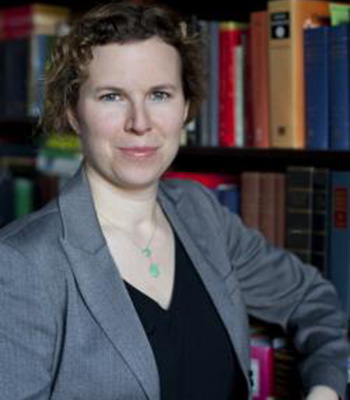
- Peng Guoxiang - Partner Investigator, Zhejiang University
-
Peng Guoxiang is Qiu Shi Distinguished Professor at Zhejiang University. He has played a key role in the revival of Classical Chinese and the study of New Confucianism, and has published on relations between learning Confucian Classics, humanism and education as spiritual practice.
He has led programs in Confucianism in leading Chinese Universities (Zhejiang, Peking, and Tsinghua), held the 2016 Kluge Chair in Countries and Cultures of the North (Library of Congress, USA), and was awarded the Friedrich Wilhelm Basel Research Award from the Humboldt Foundation and Ministry of Education and Research, Germany. He was formerly the President of the International Society for Comparative Studies of Chinese and Western Philosophy, APA, USA, from 2017-2020.
Contact Peng Guoxiang:
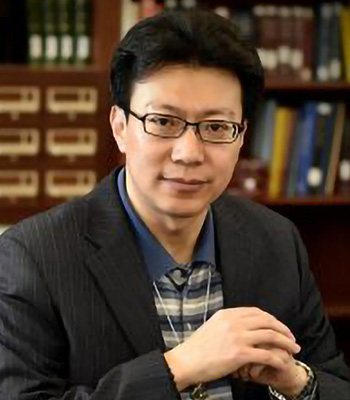
- Mattia Salvini - Partner Investigator, International Buddhist College
-
Associate Professor Mattia Salvini is Dean of the Faculty of Graduate Studies and the Dean of Scriptural Studies at the International Buddhist College, Thailand. He obtained a BA and MA Sanskrit from RKM Vivekānanda College Chennai, India, and a PhD in Buddhist Studies from the School of Oriental and African Studies (London). He was also part of two research projects on Vāstuśāstra, in teams headed by Professor Adam Hardy (Cardiff University). His main research interests are: Buddhist philosophy as expressed in Sanskrit, and especially Madhyamaka; the relationship between philosophy and vyākaraṇa; the relationship between Madhyamaka, Yogācāra, and non-Mahāyāna Abhidharma; Buddhist Sūtras in Sanskrit and Tibetan; Vāstuśāstra; Buddhist kāvya.
During his stay in India and Nepal, Mattia had the opportunity to study with Professor Rāṁśaṅkar Tripāṭhī, and has learnt from several Tibetan Buddhist masters, especially Ayang Rinpoche, Lama Gelong Tsultrim Gyaltsen, Lama Rinchen Phuntsok, and others. Mattia has taught in Nepal (Rangjung Yeshe Institute), Thailand (Mahidol University), and, as visiting professor, Taiwan (Hua Fan University) and Germany (Hamburg University, as a Numata Visiting Professor), and has offered occasionally lectures and reading sessions in UK (Oxford University), Malaysia (Than Hsiang, Brickfields Mahāvihāra, MyBA), Japan (Kyoto University), India (Ashoka University, Delhi University) and mainland China (especially Wenli Academy).
Mattia promotes the study and practice of Buddhism in Sanskrit through his website Saugatam.
Contact Associate Professor Mattia Salvini:
- Curie Virág - Honorary Member, University of Edinburgh
-
Curie Virág is a specialist in the philosophy and intellectual history of early and middle period China, working on ethics, epistemology, and moral psychology, especially in relation to the emotions.
She is the author of The Emotions in Early Chinese Philosophy (Oxford 2017) and is at work on her second monograph, tentatively titled, Emotional Worlds: Self, Community and Cosmos in Medieval China.
She is currently based at the University of Edinburgh, where she is Senior Researcher and Co-Project Director of PAIXUE, a cross-cultural and cross-disciplinary research project funded by the European Research Council, and dedicated to classicising learning in medieval Chinese and Byzantine thought and learned culture.
Her co-edited volume with Douglas Cairns, In the Mind, in the Body, in the World: Emotions in Early China and Ancient Greece, is forthcoming at Oxford University Press.
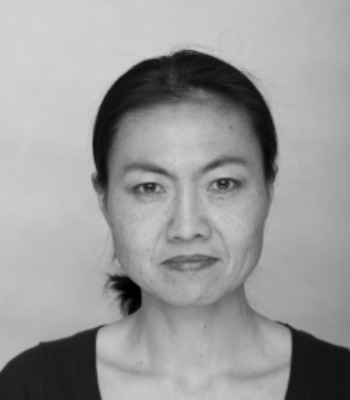
- Junyang Ng - Project Coordinator, UWA
-
Junyang Ng is a PhD candidate in Classics and Ancient History at the University of Western Australia. His research interests span traditional pedagogies, cross-cultural exchanges in the early modern period, and comparative philosophy. Under the co-supervision of Prof. Yasmin Haskell (UWA) and Assoc. Prof. Michael Champion (ACU), he is currently writing his thesis on a comparative study of premodern morality books in the Latin, Chinese, and Sanskrit traditions.
Junyang holds a Master of Philosophy in China Studies (Philosophy and Religion) from Peking University, and has completed a programme of Latin studies at the Accademia Vivarium Novum in Italy.
His teaching experience includes Latin modules at the Nanyang Technological University of Singapore, and at the University of Western Australia. Previously, he was in charge of the Latin curriculum for children and teenagers at Wenli Academy, a New Confucian School in eastern China.
Contact Junyang Ng:
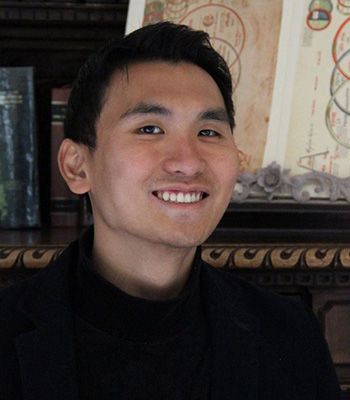
Publications
Champion, Michael, Dorotheus of Gaza and Ascetic Education (Oxford: Oxford University Press, 2022).
Holmes-Henderson, Arlene, ed., Expanding Classics (Oxon: Routledge, 2023).
Peng, Guoxiang, 身心修炼:儒家传统的功夫论 (Personal Cultivation as Spiritual and Bodily Exercise in the Confucian Tradition) (Shanghai: Shanghai Joint Publishing, 2022).
Salvini, Mattia, "Candrakīrti: Gardener of Sky-Flowers" in The Routledge Handbook of Indian Buddhist Philosophy, eds. William Edelglass, Pierre-Julien Harter, Sara McClintock (London: Routledge, 2022).
Partner organisations
